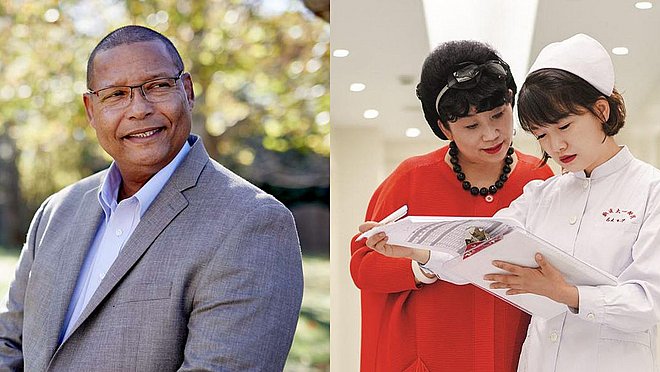Find more stories in our archive
“How can we improve and speed up medical decisions?”
Digital progress is my motivation
Artificial Intelligence (AI) has made huge progress in the past decade. Thanks to smart algorithms, it is now possible to develop programmes that analyse large volumes of data to support medical decisions. This requires data sets that are as comprehensive and meaningful as possible. Fresenius Medical Care paved the way for this change many years ago, and now its foresight is paying off – and enabling the development of new applications.
Digitisation opens up entirely new perspectives for treating patients. The innovations associated with it help to improve the effectiveness of medical treatment, giving physicians better information for making decisions and patients more information about their treatment.







